Search
Remove Ads
Advertisement
Search Results
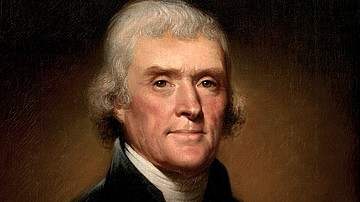
Definition
Thomas Jefferson
Thomas Jefferson (1743-1826) was an American lawyer, statesman, philosopher, and a Founding Father of the United States. A prominent figure of the American Revolution, he wrote the Declaration of Independence and later served as the first...
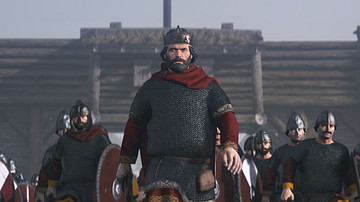
Definition
Alfred the Great
Alfred the Great (r. 871-899 CE) was the king of Wessex in Britain but came to be known as King of the Anglo-Saxons after his military victories over Viking adversaries and later successful negotiations with them. He is the best-known Anglo-Saxon...
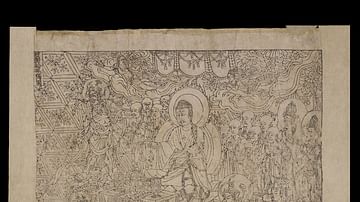
Definition
Sutra
A sutra (Sanskrit for “thread”) is a written work in the belief systems of Hinduism, Jainism, and Buddhism which is understood to accurately preserve important teachings of the respective faiths and guide an adherent on the path from ignorance...
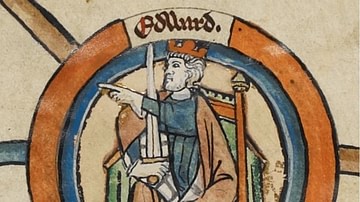
Definition
Edward the Elder
Edward the Elder (r. 899-924) was the son of Alfred the Great (r. 871-899) and the King of the Anglo-Saxons in the early 10th century. He is known for his military victories over the Vikings of East Anglia and the East Midlands and for consolidating...

Definition
Odo of West Francia
Odo of West Francia (also known as Eudes, l. c. 856-898 CE, r. 888-898 CE) was Count of Paris and hero of the Viking Siege of Paris 885-886 CE who was shortly afterwards elected King of West Francia. He was the son of Robert The Strong (c.830-866...
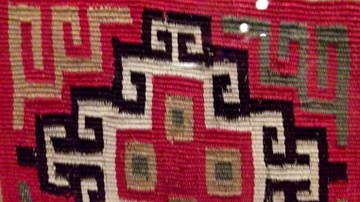
Article
Inca Textiles
For the Incas finely worked and highly decorative textiles came to symbolize both wealth and status, fine cloth could be used as both a tax and currency, and the very best textiles became amongst the most prized of all possessions, even more...

Article
The Vikings in Iceland
The medieval sources on the discovery and settlement of Iceland frequently refer to the explorers as “Vikings” but, technically, they were not. The term “Viking” applies only to Scandinavian raiders, not to Scandinavians generally. Some of...
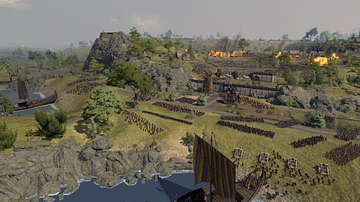
Article
Viking Raids in Britain
The Viking raids and subsequent settlements define the period known as the Viking Age in Britain which had profound consequences on the development of the culture and language. The raids started in June of 793 CE when three ships docked at...
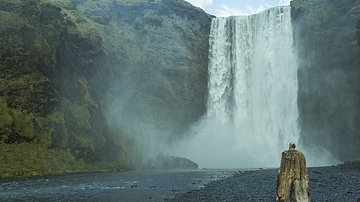
Article
The Legendary Settlement of Iceland
It is said that the early Norse settlers of Iceland in the Viking Age (c. 790-1100 CE) believed it was the home of the gods because of the tale of the creation of the world in Norse religion. In the time before time, the story goes, there...
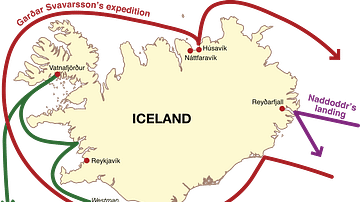
Image
The Settlement of Iceland
Map depicting (to the best of the author's imagination following the accounts) the possible exploration journeys of three of the earliest Vikings to come to Iceland, whose stories are considered semi-legendary. According to the Landnámabók...